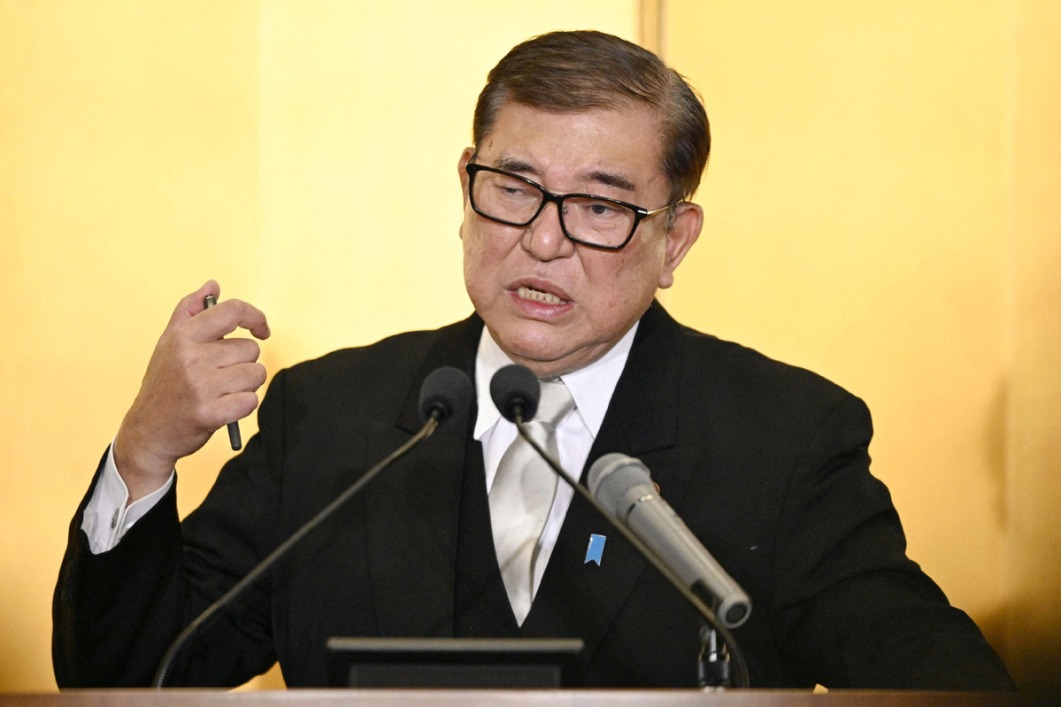China helps Cuba to boost transport

HAVANA - There is unlikely to be a Cuban who has not used a Chinese-made bus, car, or motorcycle in the last decade, which indicates the importance of Chinese transportation technologies to the Caribbean nation.
Now, Cuba hopes to solve its transportation problem with the help of the Asian nation.
Chinese products have been an important part of the Cuban transport system since 2005, when Yutong buses reached the island nation.
More recently, Minerva tricycles and electric bicycles, produced in Cuba in association with the Chinese Tianjin Dongxing Industrial and Commercial Group, have helped reduce the strain on the country's ailing public transport.
The Minerva electric bikes have also offered Cuban families an affordable alternative to cars, which tend to be very costly.
According to Cuban Minister of Transport Adel Yzquierdo, 500 three-wheelers are being used in several provinces of the country and a trial of electric three-wheelers will begin next year.
"Electric vehicles are the future and we're testing them, everything has to be proved, we already decided to try them (electric tricycles) and manufacture them in cooperation with the Chinese company," Yzquierdo told Xinhua at the 3rd Edition of International Convention and Exhibition of Cuban Industry, or CubaIndustrai 2018.
The event, which closed on Friday, has become a platform for Cuba to showcase its industrial progress and negotiate new projects with foreign investors.
Exhibitors from 31 countries and representatives of 130 national companies and 84 foreign entities participated in this event which opened on Monday.
Seven Chinese companies attended the exhibition including Yutong, YTO International and Tianjin Dongxing Industrial and Commercial Group, the latter of which has been present in Cuba since 1999 when it signed an agreement with the Angel Villarreal Bravo Industrial Company.
To date, the two companies have produced 53,000 mechanical and electric bikes, tricycles, and tools for the disabled.

































